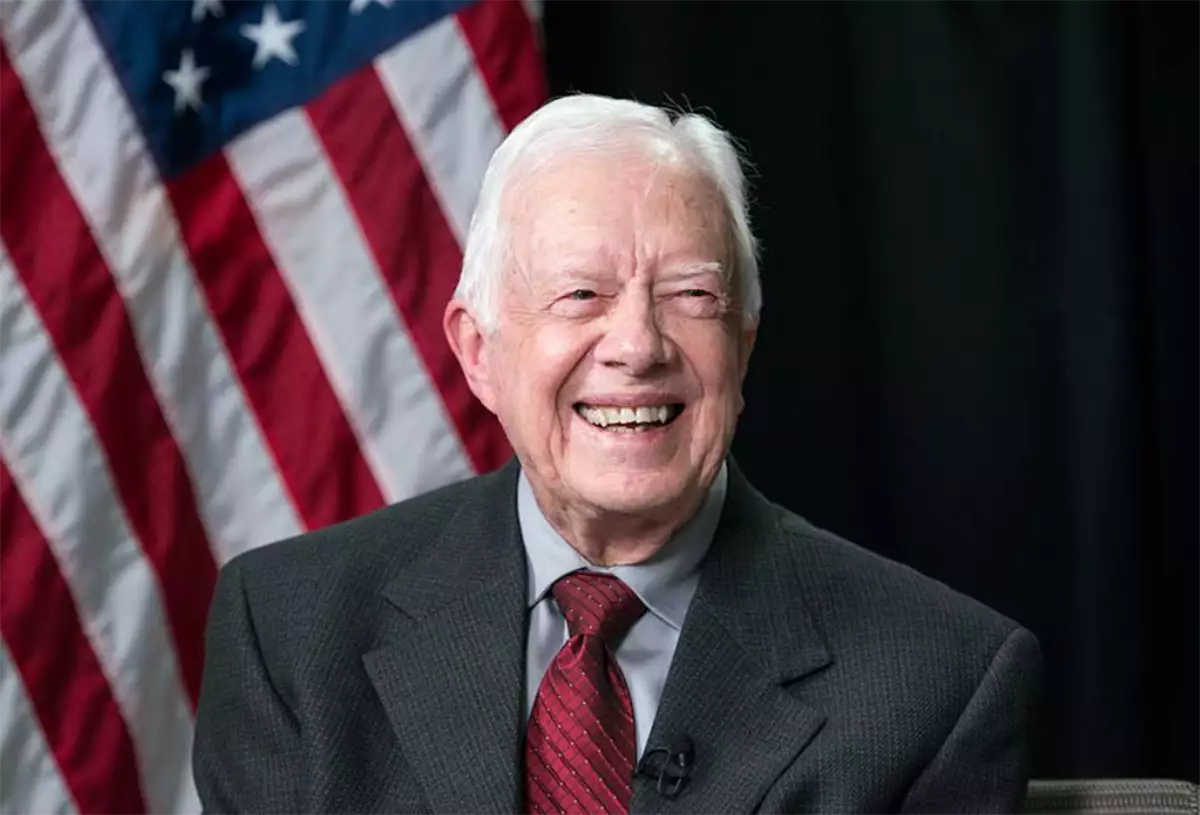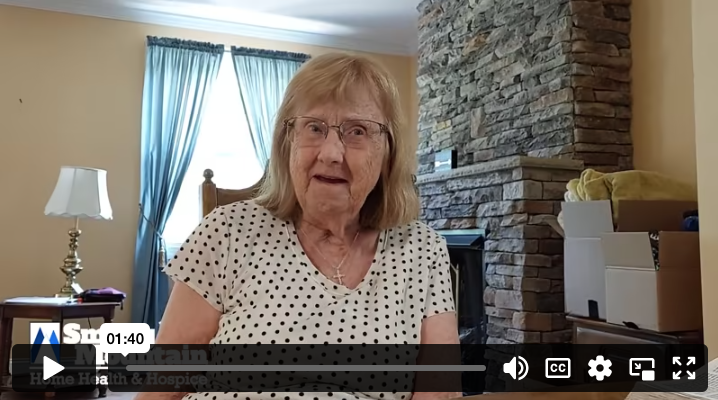With the recent news of former US President Jimmy Carter’s entering into hospice care, many people have been curious to learn more about this specialized form of medical service.
Before serving as the 39th President of the United States from 1977 to 1981, Jimmy Carter was a farmer, businessman, and politician from Georgia. He dedicated his presidency to important issues such as human rights, energy independence and peace in the Middle East. Since his presidency, Carter has remained active in public life through his philanthropic work with the Carter Center, an organization that promotes democracy and human rights around the world.
A few days ago, the Carter Center announced that Carter will be receiving hospice care at his home in Georgia. After being admitted to the hospital multiple times, Carter (who is 98 years old) has decided to spend his remaining time with his family and receive hospice care, rather than undergoing additional medical intervention.
Understanding Hospice Care and Qualification
Hospice care is an essential medical service that offers comfort to the patient and emotional support for their family. This type of specialized care aims to not just reduce physical pain but also address the mental, spiritual and psychological needs of both patient and family. Generally, hospice care is available to those with severe incurable illnesses and who have a prognosis of less than half-a-year life expectancy. Hospice provides much needed resources during difficult times in one’s life.
Where is Hospice Care Provided and Who Provides It?
Hospice care is available in a variety of settings, such as hospitals, nursing homes, specialized hospice centers and the patient’s own home. An interdisciplinary team of healthcare professionals including physicians, nurses, social workers, chaplains, home health aides and more all provide this compassionate service regardless of where the individual chooses to receive it.
Common Misconceptions of Hospice Care
Many individuals misunderstand the nature of hospice care. It is not a surrendering of medical intervention, but rather an emotionally supportive form of healthcare. This care centers on increasing the patient’s quality and comfort in their last days with incurable illnesses. Patients can still receive medication for managing symptoms or preventing pain even if they are enrolled in hospice services.
Hospice Care Benefits for Patients and Families
During difficult times, hospice care can be an immense blessing to patients and their families. It provides the best possible quality of life for individuals in these challenging times, allowing them to cherish the time they have left surrounded by people who love them.
Insurance Coverage for Hospice Care
Hospice care is usually covered by insurance. The majority of hospice patients are eligible for Medicare, Medicaid and a variety of private insurers. Certain community programs offer free or low-cost services to those without coverage, depending on the circumstances.
Hospice vs. Palliative Care: What’s the Difference?
Palliative care is an integral branch of medicine that focuses on reducing suffering and improving the patient’s quality of life. It focuses on centering care around patients and their families. Unlike hospice care, those receiving palliative treatment can still be treated for curable ailments. If it becomes clear that the patient has six months or less to live, then palliative services can transition into hospice services. Both palliative care and hospice care offer important medical assistance to patients as well as solace to their families in time of need.
Smoky Mountain Home Health and Hospice: Our Commitment to Care
Since 1982, Smoky Mountain Home Health and Hospice, founded by Tammy Francis, has been committed to providing compassionate hospice care to patients and their families in East Tennessee. Our dedicated team of professionals includes physicians, nurses, home health aides, pharmacists and others who work together to create personalized care plans. We offer hospice care in various settings and strive to deliver the highest quality of care to maximize patients’ comfort and support their families. Our 24/7 availability reflects our belief that hospice care is an essential service that provides comfort, support and peace of mind during challenging times.
Hear what some of our families have to say about us:







